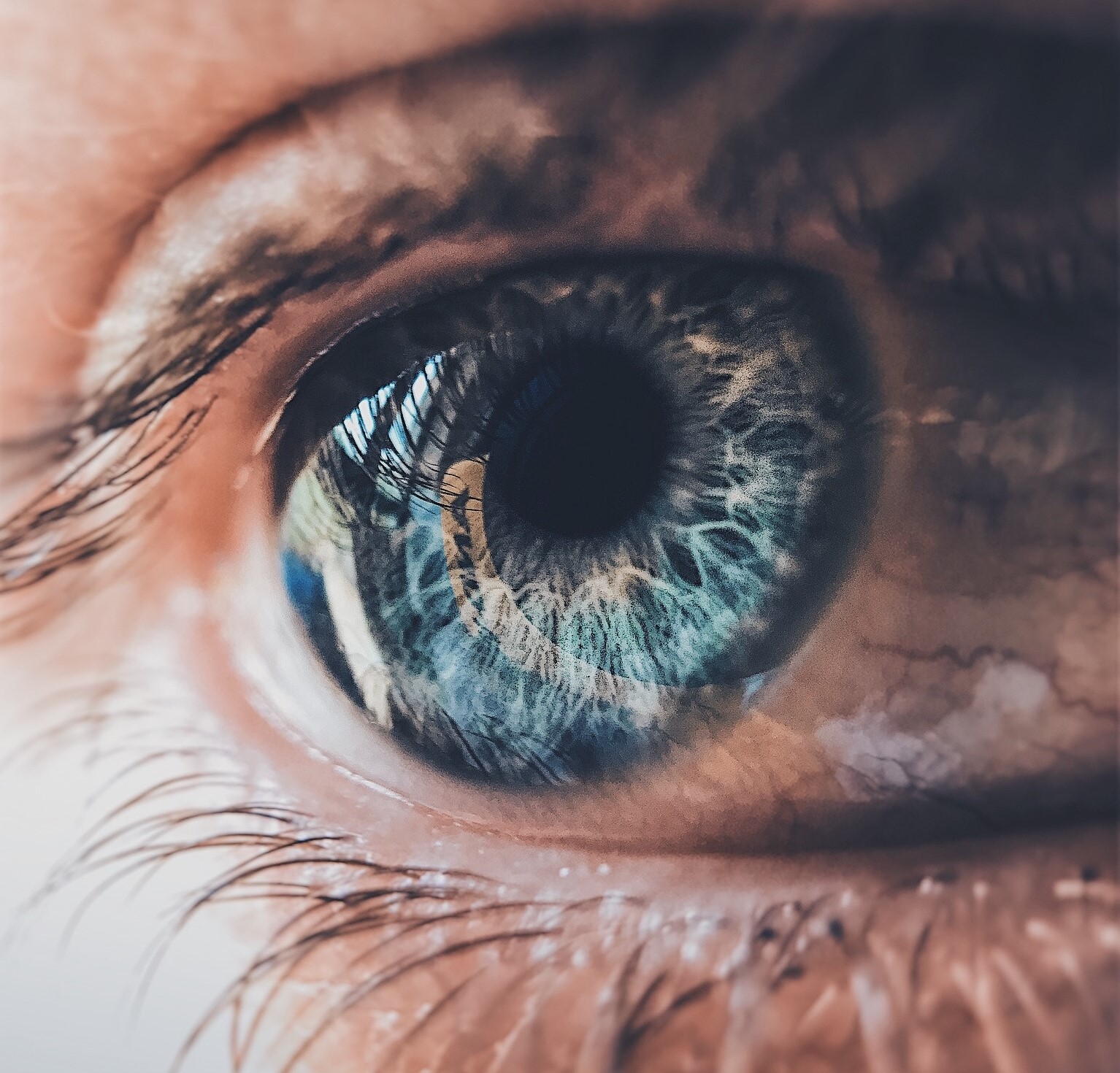Common Eye Diseases | Symptoms & Effects
You should be aware of the signs and symptoms of the most common eye diseases.
If you’re over the age of 40, chances are you’ve had eye health concerns at some point. Most times, our eye complaints are minor, and improve or go away completely in their own time. Other times, symptoms can be a sign of something much more serious.
Whether your eyes have seen better days, or they weren’t very good to begin with, it’s worth having a good grasp on what the common symptoms of eye disease are. Being informed on the signs to look out for can help early diagnosis and increase the chances of successful treatment.
-
Macular degeneration
Macular degeneration is a painless and slowly progressive disease that commonly affects people over the age of 60. If you are experiencing the following, you may have wet or dry-age related macular degeneration:
- Difficulty distinguishing faces or detail
- Distortion to straight lines i.e. they appear wavy or bent
- Sensitivity to glare
- Poor night vision and/or colour sensitivity
- Dark spots or blank spaces in the middle of your vision
- Trouble reading or any other fine visual interpretation
When it comes to macular degeneration, early detection is critical to saving your sight – so contact your ophthalmologist for regular check-ups and always book an appointment straight away if you experience sudden changes in vision.
-
Cataracts
One of the most common eye diseases caused by the ageing process, cataracts are cloudy areas that develop in the lens of the eye, making it increasingly difficult to see as you get older. While early cataracts don’t tend to have noticeable symptoms, as they worsen over time you may notice that you:
- Need to update your glasses or contact lenses more frequently
- Experience cloudy or blurred vision. For example, you may have difficulty reading small print
- Are bothered by glare, e.g. sunlight or car lights appear too bright
- Have difficulty with night vision
Initially, these problems will seem to be offset by getting new glasses, using brighter lighting, sunglasses or magnifying lenses. Unfortunately, there are no eye drops, medications, eye exercises or laser procedures that can treat cataracts or stop them from getting worse. However, cataract surgery is reasonably routine for an experienced surgeon. If you feel you may have cataracts, a visit to your ophthalmologist will help you to understand your options.
-
Dry eye
This common eye condition is almost exactly as its name implies. Dry eye affects around 20 per cent of people in Australia and can be uncomfortable and debilitating depending on the severity of the condition. You’ll know you have dry eye if you experience:
- Grittiness i.e. a scratchy sensation or the feeling that something is in the eye
- Stinging or burning
- Episodes of excess tearing that follow periods of dryness
- Watery eyes or reflex tearing
- Pain and/or redness in the eye
- A sensation of heavy eyelids
- Blurred vision
-
Diabetic retinopathy
Diabetes can have a significant impact on your vision. Diabetic retinopathy is the result of mismanaged diabetes – where damage has occurred to the blood vessels inside the retina. Symptoms include:
- Vision loss or reduced vision
- Distorted vision
- Difficulty reading, particularly fine print
- Trouble seeing at night
- Increased sensitivity to glare
As with most eye diseases, diabetic retinopathy usually begins without any noticeable symptoms. If you have diabetes, make sure to visit your eye health professional regularly and keep your blood sugar levels low to avoid further damage.
-
Glaucoma
Known as the ‘sneak thief of sight’, Glaucoma has been known to slowly steal away your vision, without causing any noticeable symptoms. By the time a patient experiences symptoms of Glaucoma, the disease is in its late stages and can likely lead to permanent vision loss. For those who do experience symptoms, here’s what that may look like:
- Severe eye and head pain
- Vomiting or nausea
- Sudden vision loss
- Unclear/blurry vision
- Coloured rings appearing around lights.
The symptoms of Glaucoma can be serious and life-changing. If you have questions or concerns or have been diagnosed with Glaucoma, seek regular advice from an ophthalmologist.
There are many common symptoms when it comes to eye disease. It’s fair to say that if you experience a sudden loss of vision, visual disturbances, sensitivity or pain, you should contact your eye health professional immediately for a consultation. After all, early detection is the best chance for effective treatment!
To make an appointment with KindSIGHT, call 07 3063 1600.


